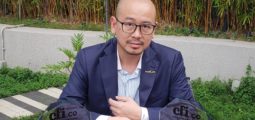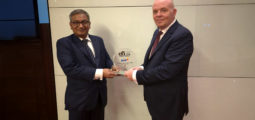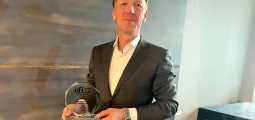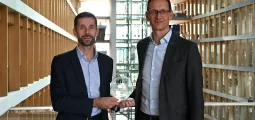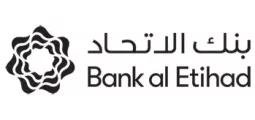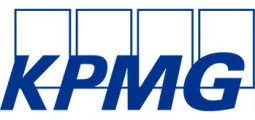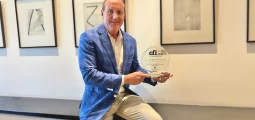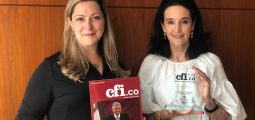Corticeira Amorim: Best Raw Materials Sustainability Europe 2020
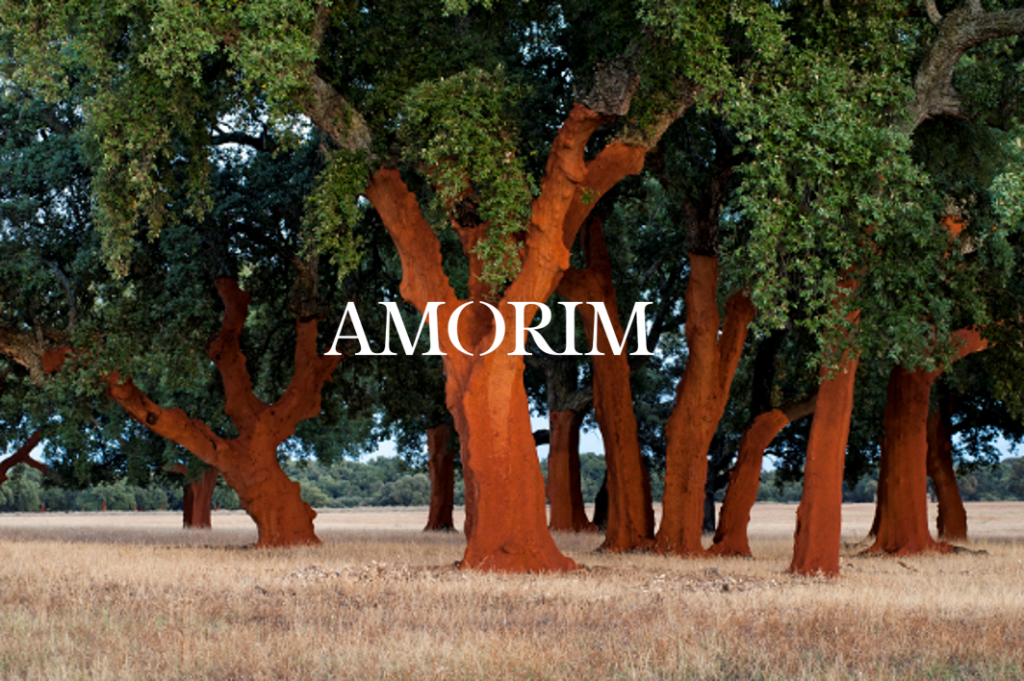
If a new material were invented that captured up to 73kg of CO2 for every 1kg produced, it would probably make the front page of newspapers across the globe. In fact, the material exists and has been in use for centuries. The material is cork, the eponymous bottle stopper that makes such a pleasant noise when extracted is probably the material’s most famous use but applications range from architecture to space travel. Corticeira Amorim was founded 150 years ago and soon became one of the largest factories in Portugal, exporting to every corner of the globe. Amorim has always been at the forefront of this innovation and development of cork-based products.Today, natural cork bottle stoppers account for just over two thirds of sales, with floor and wall coverings second at about 15 percent. In architecture, cork’s acoustic and thermal properties have proved invaluable in such iconic buildings as the Sagrada Familia in Barcelona, which has a cork floor offering outstanding walking comfort, durability and sound absorption. In space travel, NASA and ESA have chosen cork for its remarkable ablation and insulating properties, incorporating it into thermal shields and plates lining their spacecraft. Cork is harvested cyclically, without causing any damage to the trees, it is completely natural and reusable. Cork oak forests are natural CO2 sinks, regulate the hydrological cycle, protect against erosion and fires and foster highly important biodiversity. Corticeira Amorim has been a pioneer in terms of sustainable development and has long been committed to delivering the highest standards in conservation. In addition, the company has been a driving force for innovation both internally and externally, helping to find new uses and markets for this remarkable material. This dedication to ESG and innovation while achieving a strong profit delivery, amounting to €75 million in 2019, make Corticeira Amorim worthy winners of CFI.co’s award for Best Raw Materials Sustainability – Europe 2020.



